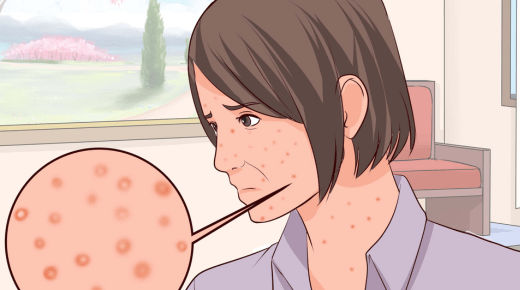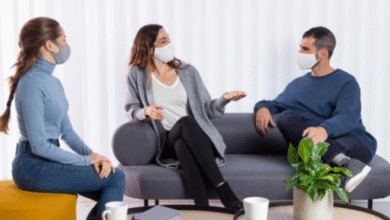
1. If you or someone you know has chickenpox, you’re likely wondering how long it will take to recover from this common viral infection.
2. Duration of Chickenpox
Chickenpox typically lasts for about 7 to 10 days, but the duration can vary depending on several factors.
3. Incubation Period
After exposure to the virus, there is an incubation period of about 10 to 21 days before symptoms of chickenpox appear.
4. Onset of Symptoms
Symptoms of chickenpox usually begin with a fever, followed by the characteristic rash.
5. Rash Development
The rash typically starts as red spots, which then develop into fluid-filled blisters that eventually crust over.
6. Intensity of Symptoms
The severity of symptoms can vary from person to person, with some experiencing mild discomfort while others may feel more unwell.
7. Contagious Period
Chickenpox is contagious from about 1 to 2 days before the rash appears until all the blisters have crusted over.
8. Duration of Fever
Fever associated with chickenpox usually lasts for the first few days of illness and then begins to subside.
9. Itching and Discomfort
The itching caused by chickenpox can be quite uncomfortable and may persist throughout the duration of the illness.
10. Complications
While rare, complications such as bacterial skin infections or pneumonia can prolong the recovery period.
11. Treatment
Treatment for chickenpox focuses on relieving symptoms, such as using antihistamines for itching and fever reducers for temperature control.
12. Importance of Rest
Getting plenty of rest is essential for a speedy recovery from chickenpox.
13. Hydration
Drinking plenty of fluids helps prevent dehydration, especially if fever is present.
14. Avoiding Scratching
It’s important to avoid scratching the chickenpox blisters to prevent infection and scarring.
15. Medications
In some cases, antiviral medications may be prescribed to shorten the duration of chickenpox and reduce the severity of symptoms.
16. Isolation
During the contagious period, it’s important to stay home from work or school and avoid contact with individuals who are at high risk for complications.
17. Follow-up Care
After recovering from chickenpox, it’s a good idea to follow up with a healthcare provider to ensure complete resolution of symptoms and to address any concerns.
18. Immunity
After having chickenpox, most individuals develop lifelong immunity to the virus.
19. Vaccination
Vaccination against chickenpox is highly effective in preventing the illness and its complications.
20. Prevention
Practicing good hygiene, such as frequent handwashing, can help prevent the spread of chickenpox.
21. Impact on Daily Life
Chickenpox can disrupt daily activities, but with proper care and management, most people recover fully within a week or two.
22. Special Considerations for High-Risk Groups
Individuals with weakened immune systems or certain medical conditions may experience more severe symptoms and require special attention.
23. Psychological Impact
Chickenpox can be distressing, especially for children, so providing emotional support is important during the recovery process.
24. Community Resources
Local health departments may offer resources and support for individuals and families affected by chickenpox.
25. Conclusion
In conclusion, chickenpox typically resolves within 7 to 10 days with proper care and management. Understanding the duration of the illness and taking appropriate precautions can help facilitate a smooth recovery process.




